In this episode on the We’re Not Stumped podcast, I’m honored to have Elysia Everett, founder and CEO of Friendly Like Me.
Friendly Like Me is an innovative app dedicated to finding and reviewing accessible places. Its mission is to enhance accessibility in public spaces and make it easier for everyone to discover accessible locations, ensuring more people can participate in various activities without hindrance.
Access to accurate accessibility information is vital for full participation in society. Unfortunately, such information is often scarce, subjective, and difficult to find. This lack of reliable data frequently prevents individuals from engaging in activities they would otherwise enjoy, including visiting size-friendly and accessible businesses across the United States. Friendly Like Me is committed to changing this, benefiting everyone.
Through collaboration with reviewers, advocates, and business owners, Friendly Like Me strives to create more welcoming and accessible places. The platform facilitates interaction between people and businesses about specific accommodations needed to attract customers who prioritize accessibility. It’s worth noting that US adults with disabilities, including many individuals of higher weights, represent the third-largest market segment in the country. According to the American Institute for Research, the discretionary income for working-age persons with disabilities is $21 billion.
Businesses can claim their listings on Friendly Like Me to inform patrons about their amenities and any limitations. Transparency is key—it’s very friendly to let people know in advance if they cannot accommodate them. Friendly Like Me’s reviews focus on the presence or absence of specific accommodations, reducing the subjectivity often found in star-based review systems.
Links:
Friendly Like Me Website: https://www.friendlylikeme.com/
#accessible #accessibleliving #accessibleeducation #accessibility #accessibilityawareness
Listen on Apple Podcasts
Watch on YouTube
Listen on Spotify
In this episode of We’re Not Stumped, host Mike Bolland explores the power of the “I don’t give a crap” attitude — and how it can transform life after limb loss. Mike shares how letting go of judgment and embracing unapologetic confidence helps amputees find freedom, purpose, and joy. From learning to laugh at setbacks to defying expectations, this mindset is about living boldly — not bitterly. 💬 Topics covered: ✅ Why confidence matters more than comparison ✅ Turning self-doubt into strength ✅ How humor and attitude fuel resilience ✅ Real stories from the limb loss community 🎧 Tune in, get inspired, and start saying “I don’t give a crap” — in the best way possible.
What happens when life takes you in an unexpected direction? For William Person, it meant going from college track and field to becoming an Olympic bobsledder — despite once thinking the sport was “stupid.” In this compelling episode of We’re Not Stumped, host Mike Bolland dives deep into Will’s remarkable story — from athletic triumphs to the unseen mental and physical toll of high-impact sports. Will shares: ✅ An Unexpected Start – How a Canadian team discovered him at ASU and convinced him to try bobsledding—only for him to win a medal in his first week. ✅ The Hidden Dangers – The connection between bobsledding and CTE, the effects of repeated high G-forces, and the lack of medical safeguards for athletes. ✅ Cognitive & Emotional Struggles – How memory lapses, confusion, and the loss of a teammate shaped his journey toward healing. ✅ Advocacy & Recovery – Will’s mission to raise awareness about mental health, his success with oxygen therapy, and his vision to open a treatment facility for athletes and veterans in St. Louis. This episode goes far beyond sports—it’s a story of resilience, healing, and the fight for athlete safety.
In this episode of We’re Not Stumped, host Mike Bolland speaks with Neomi Flores, who became an amputee at age 43 after a blood clot changed her life forever. Neomi shares her powerful journey, including: The frightening symptoms that led to her amputation Facing fear and uncertainty before surgery A year in a wheelchair and the challenges of recovery Learning to walk again with prosthetics Drawing strength from her faith, her children, and small victories The meaning behind her tattoo: “Don’t just exist, live” Her story is one of resilience, gratitude, and determination—a reminder that even in life’s toughest moments, it’s possible to find purpose and live fully.

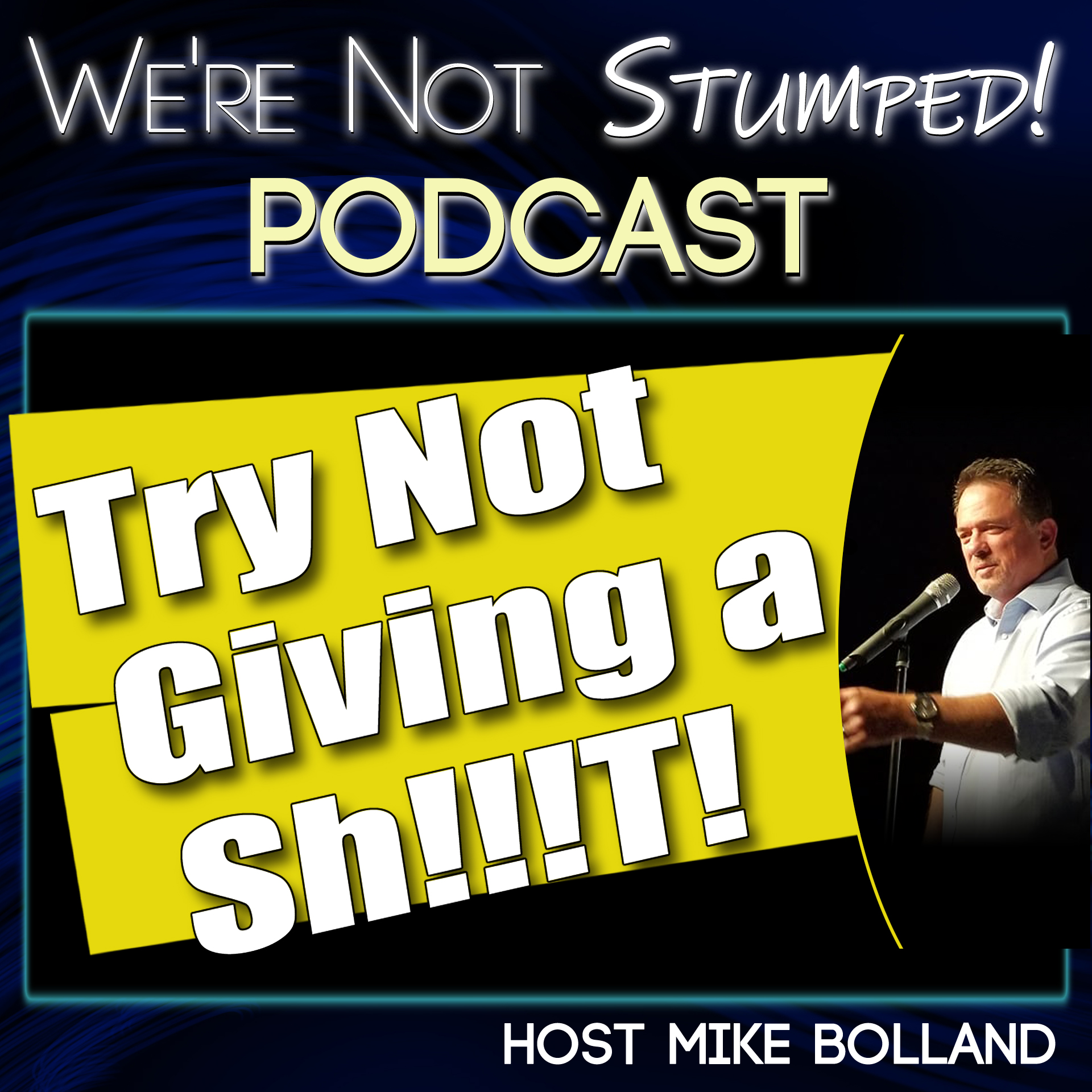
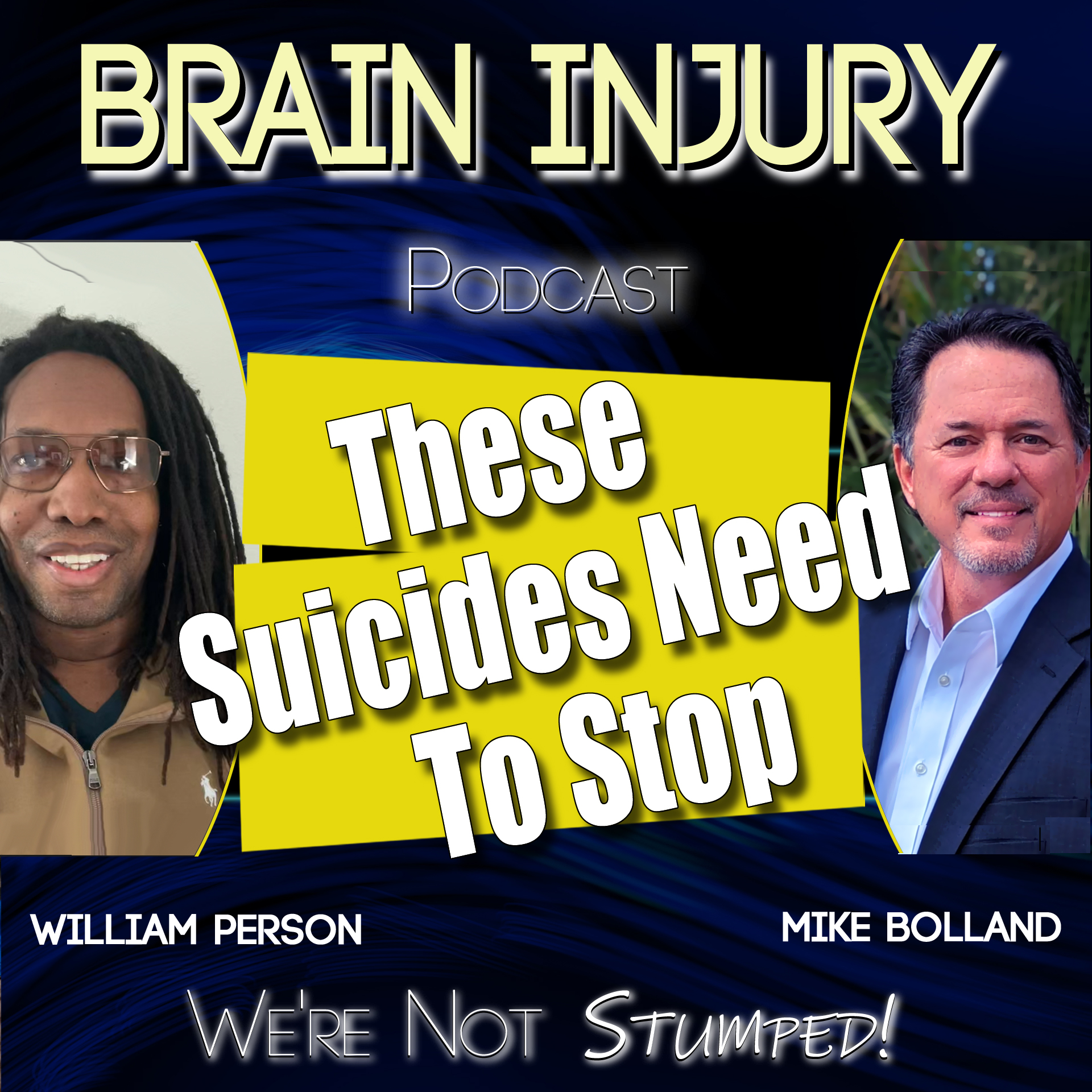
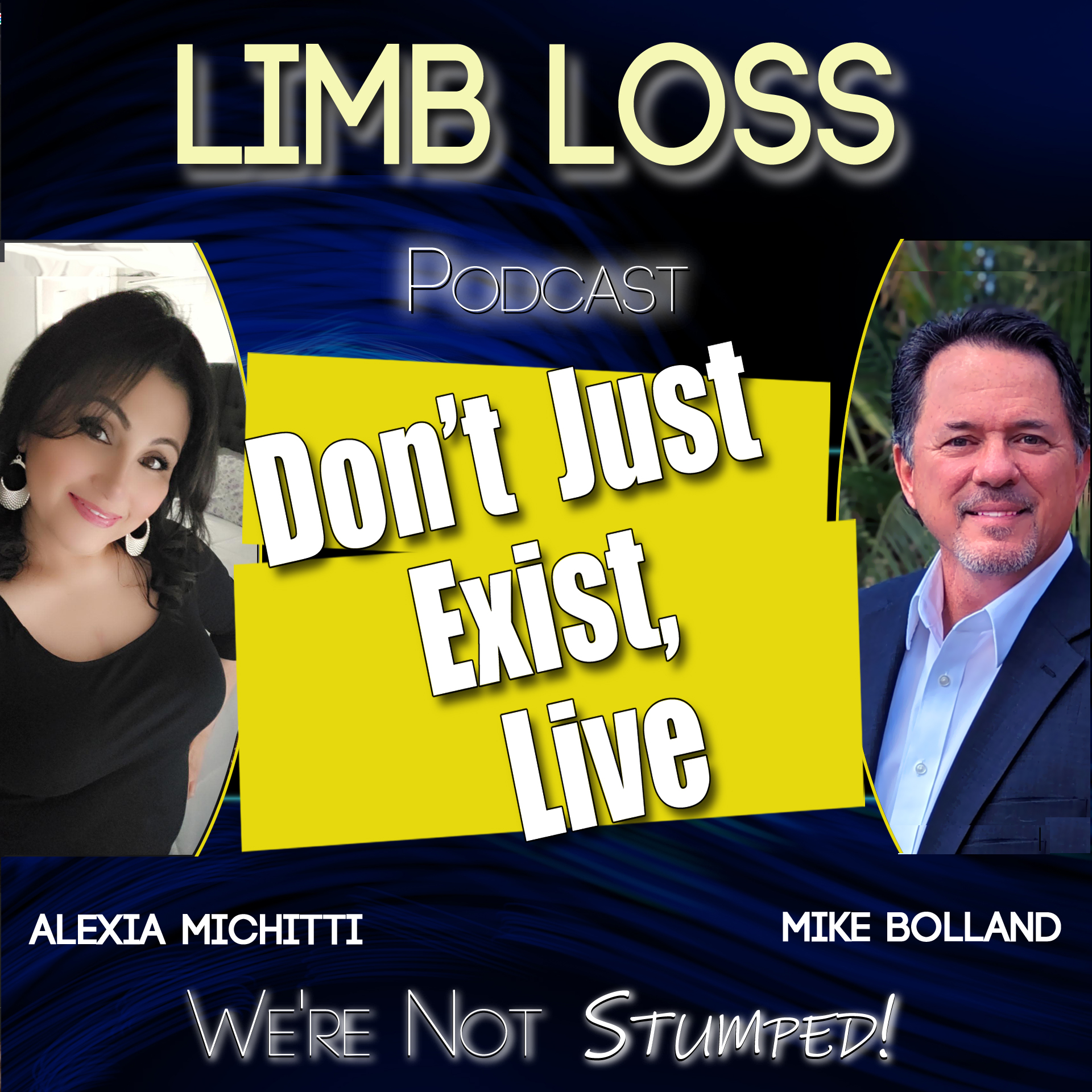
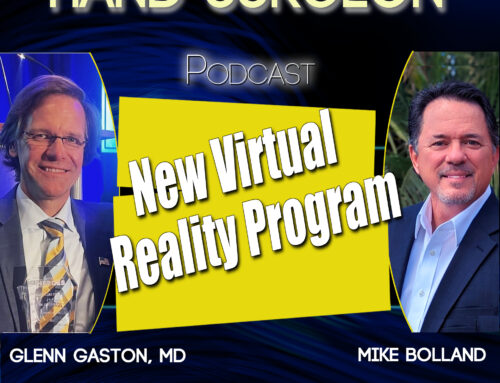
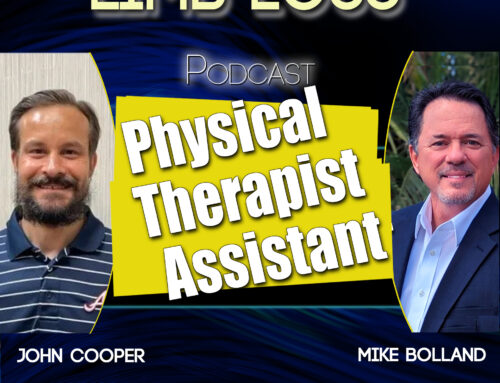
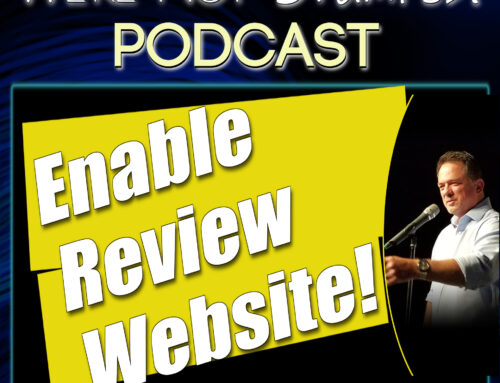
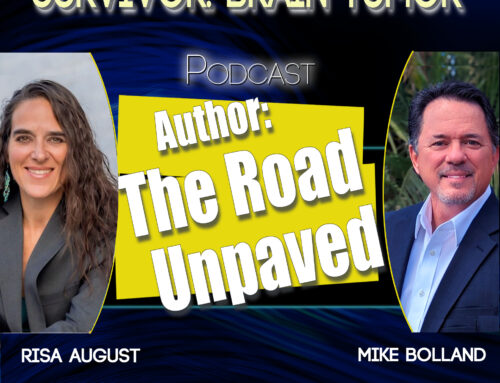
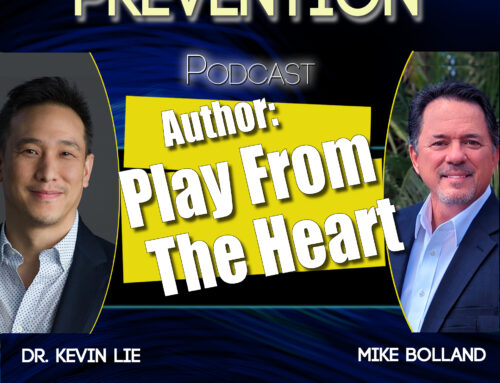
Leave A Comment